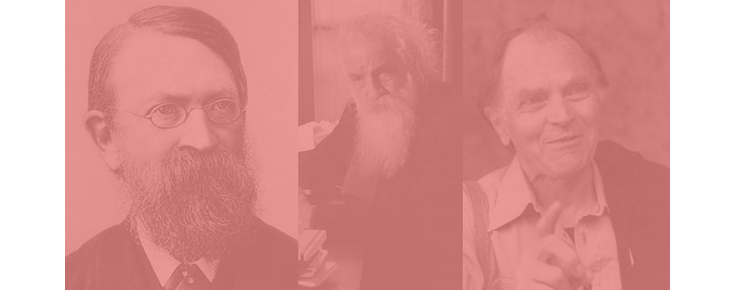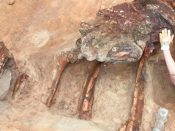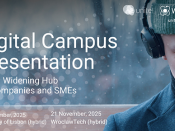
The problem of scientific method, important for scientists at least since the Renaissance, became crucial during the Enlightenment, generating debates that have extended to the present. An issue that remains relevant today is what happens when a pluralist methodology is adopted – what kind of science gets done, and/or not done? Ernst Mach (1838-1916), Gaston Bachelard (1884-1962) and Paul Feyerabend (1924-1994) argue that there are different ways to construct knowledge, considering that there is a need to disrupt old scientific methods. Can we assume that they are proposing “open epistemologies”?
Many philosophers have discussed scientific concepts and theories, but several scientist-philosophers also have questioned the scientific knowledge that they were constructing during their scientific life. Some of them have even elaborated epistemologies that undeniably reflect their experience of making science. This is not, of course, a reason to take their ideas for granted, but we believe that it is important to take them seriously and to discuss them. In addition to Mach, Bachelard and Feyerabend, throughout the 19th and 20th centuries it is possible to find scientists well known for their epistemological thinking, such as Henri Poincaré (1854-1912), Emile Meyerson (1859-1933), Ludwig Fleck (1896-1961), Michael Polanyi (1891-1976).
The science of the twentieth century has, in turn, put new epistemological problems in physics, biology and several other areas of knowledge from which emerges a deep philosophical reflection of scientists like Albert Einstein (1879-1955), Niels Bohr (1885-1962), Werner Heisenberg (1901-1976), Joseph Woodger (1894-1981) or Ernst Mayr (1904-2005). Some of their ideas as well as those of other scientists have echoed in the philosophy of science and have generated controversies until today.
This colloquium intends to create the conditions of lively discussions about the epistemologies of scientists around the works of several scientists-philosophers from Ernst Mach to the present. The colloquium is also aiming to honor our late colleague Zbigniew Kotowicz (1950-2017) and his work on Gaston Bachelard (Gaston Bachelard. A Philosophy of the Surreal, Edimburgh University Press 2016).
The official languages of the conference are English and French.




















